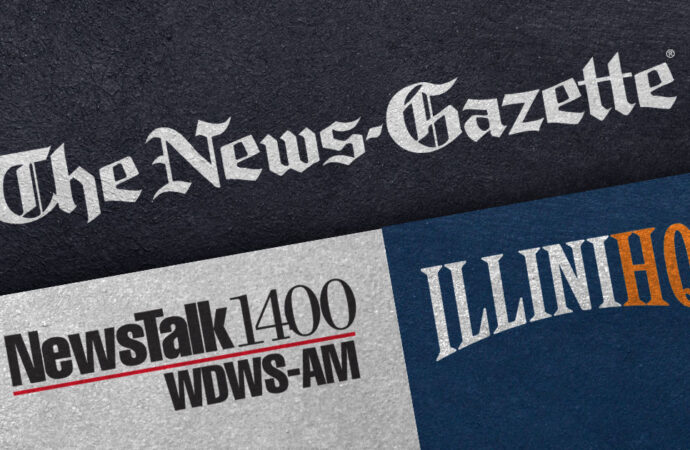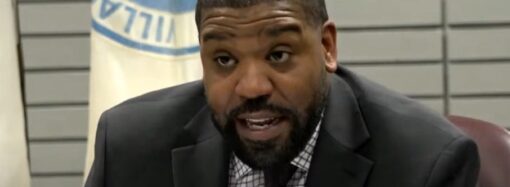Can elected public officials discriminate from among the reporters who cover their activities based on who they like and don’t like? Obviously not, according to legal interpretations of the media’s First Amendment rights. More narrowly, can public officials pick and choose among news outlets, allowing some to cover their events while barring others? A federal
Can elected public officials discriminate from among the reporters who cover their activities based on who they like and don’t like?
Obviously not, according to legal interpretations of the media’s First Amendment rights.
More narrowly, can public officials pick and choose among news outlets, allowing some to cover their events while barring others?
A federal appeals court in Chicago just answered the latter question in the affirmative. But it qualified its decision by asserting that the official picking and choosing must be based on neutral factors applied across the board.
The unanimous three-judge decision, written by Justice Illana Rovner, comes as good news to Wisconsin Gov. Tony Evers.
His administration barred reporters from the MacIver News Service from attending a special budget briefing and kept the organization off its news-release recipient list.
The news service sued Evers, claiming the governor was unlawfully violating its First Amendment rights to cover the news. But a federal judge, in a decision affirmed by the appeals court, accepted the governor’s argument that the MacIver News Service isn’t a traditional news outlet and, as a consequence, has no legal right to the access it sought.
What is the MacIver News Service? It’s affiliated with the MacIver Institute, a free-market think tank that acts as a libertarian/conservative counterweight to the liberal Evers administration.
The lawsuit filed on behalf of the news service’s reporters alleged that the governor’s bar on them was a clear constitutional violation.
But the appellate court said that because the Evers administration’s rules on media access were viewpoint neutral, its actions are legally permissible.
This is not a new dispute. The rise of new media outlets and the decline of traditional ones have opened the door to public officials adopting a sometimes-heavy hand in determining who gets access and who does not.
Back in 2014, Illinois House Speaker Michael Madigan and Senate President John Cullerton denied legislative press credentials to Scott Reeder, who writes a column that runs statewide, including in The News-Gazette.
A longtime reporter who had covered the Legislature, Reeder had taken a job as a journalist-in-residence for the Illinois Policy Institute.
Like the MacGiver Institute in Wisconsin, the IPI also is a free-market think tank that promotes policy solutions frequently described as conservative.
Because Reeder worked for an organization that sometimes lobbied legislators, Madigan and Cullerton argued he was not entitled to press credentials because he, too, was a lobbyist.
The IPI unsuccessfully challenged the denial of credentials in the courts.
Since then, some organizations have sought to get around that official blockage.
The Chicago-based Franklin News Foundation, sometimes characterized as ideological by its critics, oversees the Illinois Radio Network and The Center Square reporting service. Both entities act as traditional news outlets, a status that puts them on equal footing with more established news outlets like The Chicago Tribune.
In the MacIver case, the appeals court said its news service ran afoul of its rules, including that its “principal business” be “news dissemination” and not be “engaged in any lobbying” or promotion of any individual or corporate interests.
The courts said the MacIver reporters continue to be free to write about state issues, including Evers’ budget, but were not unlawfully denied special access available to more traditional news outlets.
Rovner said the governor’s rules should not be struck down “because we can imagine a superior system of allocation.”
While legal, Evers’ media restrictions drew criticism from more than just the MacIver Foundation.
At the time the lawsuit was filed, Wisconsin Freedom of Information Council Bill Leuders said they were “not in keeping with the state’s proud tradition of open government.”
He said if Evers “has what it takes to lead state government,” the governor ought to be able to “withstand the inclusion and presence of reporters from a conservative news outlet.”
Jim Dey, a member of The News-Gazette staff, can be reached at jdey@news-gazette.com or 217-393-8251.



























Leave a Comment
Your email address will not be published. Required fields are marked with *